Gabon Travel Guide
Discover Why You Should Visit Gabon
Why Visit Gabon?
Gabon is one of Africa’s best-kept ecotourism secrets, with over 80% of its land covered in rainforest and 13 national parks that are home to a wealth of biodiversity. Located on the west coast of Central Africa, Gabon offers a unique blend of pristine nature, coastal beauty, and rich Bantu culture.
Wildlife enthusiasts and adventure seekers will find paradise here, with opportunities to see lowland gorillas, forest elephants, hippos surfing waves, and more in their natural habitats.
Ideal for: Nature lovers, wildlife photographers, eco-tourists, and travelers looking for unspoiled African wilderness.
Must-Know Facts
Capital/Major City: Libreville
Language(s): French (official), Fang, Myene, and other Bantu languages
Currency: Central African CFA Franc (XAF)
Best Time to Visit: June to September and December to February (dry seasons for better wildlife viewing)
Fun Fact: Gabon was one of the first African countries to designate over 10% of its territory as national parks
Top Things to Do
Explore Loango National Park, famous for elephants, buffalo, and hippos on the beach
Trek through Ivindo National Park to see the spectacular Kongou Falls
Visit Lopé National Park, a UNESCO site, for savannah and forest wildlife
Experience urban life and local markets in Libreville
Take a river safari in the Ogooué Delta
Local Culture & Lifestyle
Gabon’s culture reflects a mix of Bantu ethnic traditions and French colonial influence. Music, dance, and ceremonies remain central, with the Bwiti spiritual practice playing an important role in cultural identity.
In both urban and rural settings, Gabonese people value community, hospitality, and a deep connection to the forest and land.
Modern Gabon blends nature conservation with urban development, offering both modern comforts and traditional values.
Food & Drink Highlights
Street Food: Grilled fish and chicken, cassava-based dishes, plantains, brochettes
Restaurants: Libreville’s eateries offer French, Gabonese, and international cuisine
Drinks: Palm wine, fruit juices, local beers, imported wines
Desserts: Fried bananas, coconut sweets, peanut brittle
Main Dish & Culinary Symbols
Signature Dish: Nyembwe chicken (chicken cooked in palm nut sauce) served with rice or cassava
Common Ingredients: Cassava, palm oil, okra, fish, peanuts, hot pepper
Culinary Culture: Meals are typically shared, and cassava is a staple in most homes, with local stews being rich and flavorful
Symbols & Icons of the Area
Natural Icons: Loango Beach, Kongou Falls, Ivindo River, mangrove forests
Cultural Icons: Fang masks, traditional Bwiti ceremonies, carved wooden art, and storytelling
Hidden Gems & Off-the-Beaten-Path
Mayumba National Park for nesting sea turtles and pristine beaches
Moukalaba-Doudou National Park for chimpanzee tracking and birdwatching
Akanda National Park for mangrove exploration near Libreville
Shopping & Souvenirs
What to Buy: Wooden masks and sculptures, colorful textiles, beaded jewelry, handmade drums
Where to Shop: Artisanal markets in Libreville and village cooperatives near national parks
Getting Around
Public Transport: Minibuses and shared taxis available in cities
Car Rentals: Recommended for travel to national parks; 4×4 vehicles necessary for remote areas
Tip: Many eco-tourism destinations require guided access and prior arrangements
Walkability: Good in city centers and eco-lodges but limited elsewhere
Travel Tips
Vaccination for yellow fever is required for entry
French is widely spoken; basic phrases help in rural areas
Respect for traditional customs and environmental practices is appreciated
Pack for both rainforest and coastal climates, with insect protection
Where to Stay
Budget: Basic hotels and hostels in Libreville and near park entrances
Mid-range: Comfortable guesthouses and eco-lodges near national parks
Luxury: High-end safari lodges in Loango and private beachfront retreats
Unique: Forest camps and riverside tents in national parks with guided wildlife experiences
Sample 4-Day Itinerary
Day 1: Arrive in Libreville, visit local markets and museums
Day 2: Travel to Loango National Park for safari and coastal exploration
Day 3: Wildlife viewing and beach walks in Loango or river safari in Ogooué Delta
Day 4: Return to Libreville or visit Akanda Park for mangrove birding

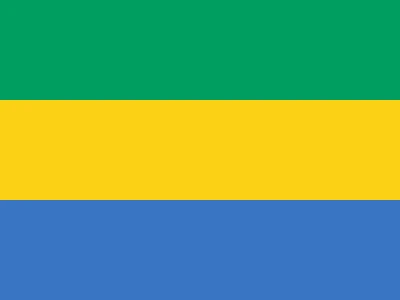
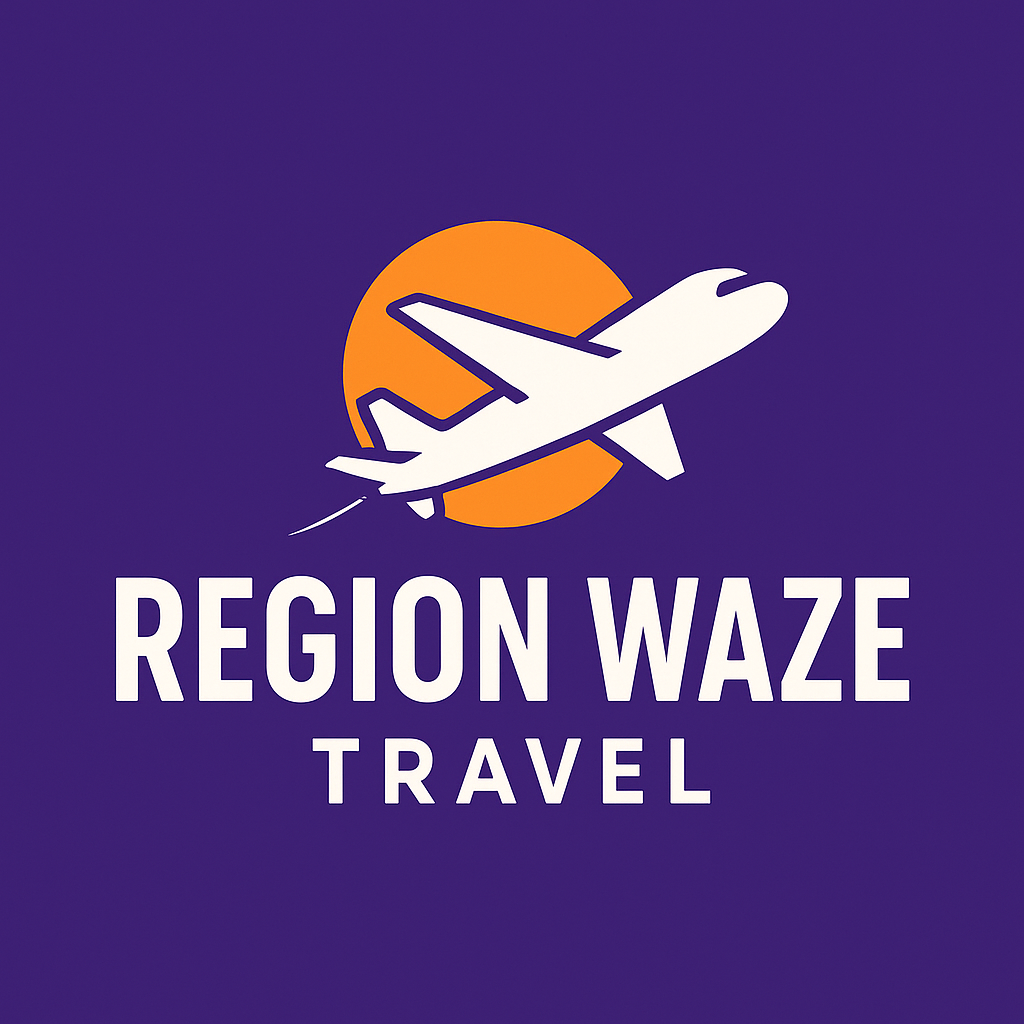
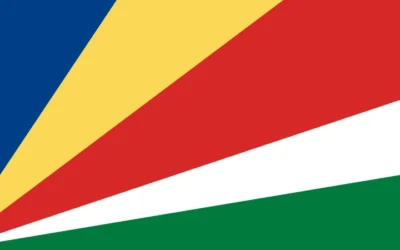
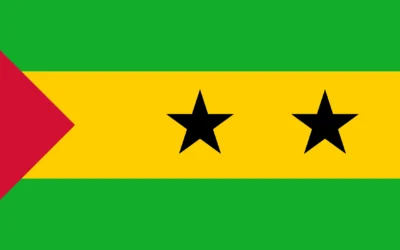
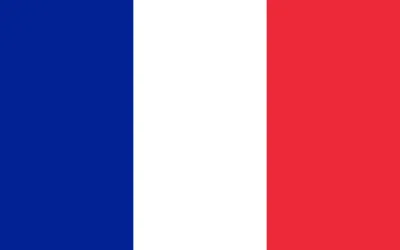
0 Comments